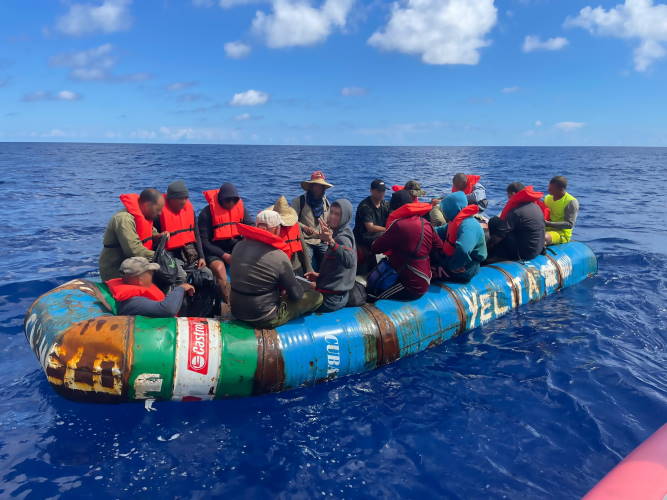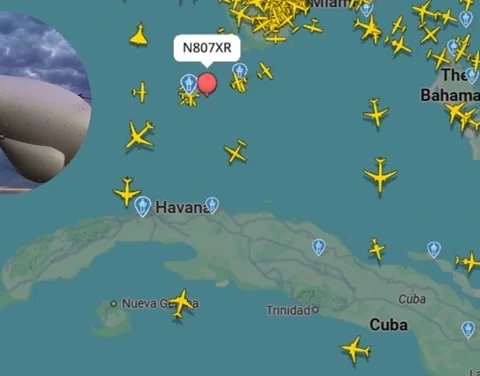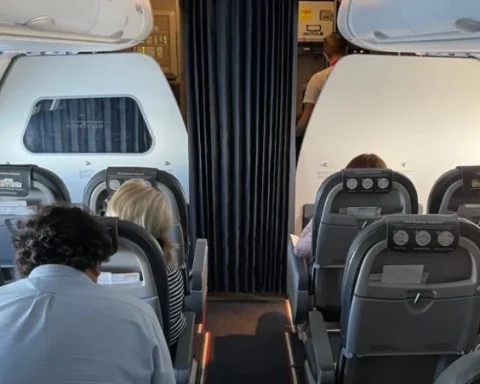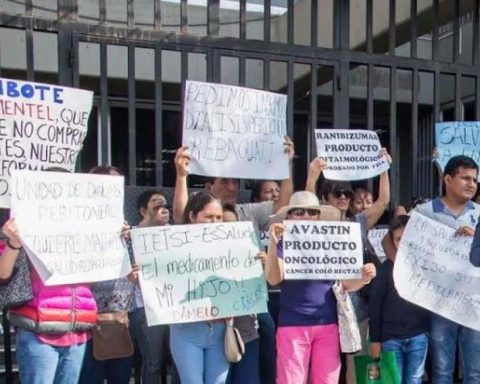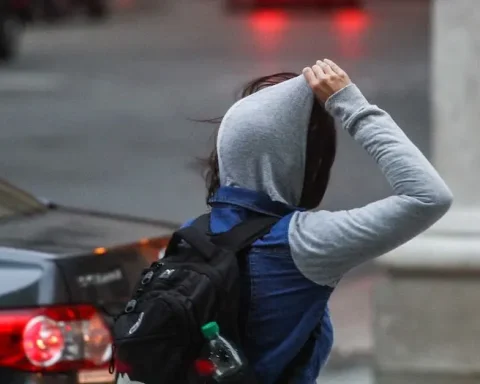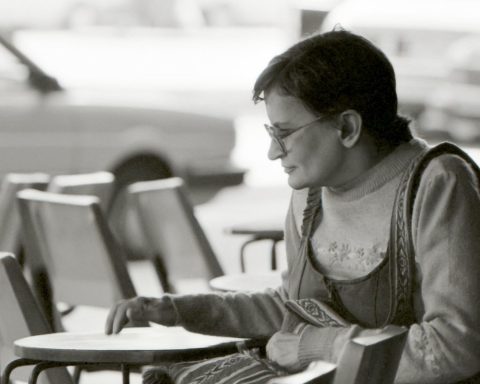Havana Cuba. — Perhaps for many it is not news that in times of scarcity, in addition to crime rates and protests, emigration increases -whether legal or irregular- and Cuba is no exception. During the so-called “rafter crisis” (1994), framed in turn in the context of the economic crisis known as “special period”it is estimated that 35,000 Cubans entered the United States.
The current migratory wave, however, is unprecedented: according to data from the Customs and Border Protection Office (CBP), Cubans arriving in the northern neighbor between October 1, 2021 and October 3 September 2022, they are estimated at 197,870, a much higher record than the 39,303 Cuban migrants who entered that country during all of 2021. For its part, the US Coast Guard intercepted 1,067 Cuban rafters in the first five months of the year alone tax 2022; while in the same period of 2021 the rafters detected were 838, according to a report published on April 5 of this year by the newspaper miami herald.
And it is that the Cuban State, kidnapped by a single-party government, not only violates the civil and political rights of the citizens whom it should protect, but also their economic, social and cultural rights. For decades, the regime in Havana has insisted on emphasizing that the reasons of thousands and thousands of Cubans to leave their homeland are economic, and that they are not related to the political situation in the country. Even some migrants subscribe to that idea, eager to put distance between themselves and anything that smacks of dissent; something to a certain extent understandable, because they fear suffering the same harassment that opponents have suffered from 1959 to date.
Perhaps they ignore the content of the Universal Declaration of Human Rights and the international agreements that protect it. If they knew them, they would be able to clearly identify that their precarious economic situation is a direct consequence of the violation of said articles by Castroism, and that if the Cuban State complied with its obligation to guarantee, respect and promote those rights, they would not have so many Cubans interest or need to go live as foreigners.
A friend’s niece became a doctor with no little sacrifice. A few months ago she moved permanently to Havana and now her plan is to try to leave Cuba by some means, as possible. As she told her aunt: she and her husband are going to try to “seek life” elsewhere. “There is no life here”, is the phrase used by many who decide to embark on the journey; four words that summarize our daily struggle to eat and little else, the impossibility of making dreams come true, the danger of starting a business.
Entrepreneurs, self-employed workers and other workers in the private and informal sector endure daily harassment from police officers and inspectors, whose real mission seems to be to prosper with the efforts of others. Whether or not they have a license, these workers lose a good part of their earnings in bribes and “gifts”, since there is no enterprise that manages to advance on the island without making unofficial “donations” to officials and representatives of the law.
Another great source of disenchantment for the population is the government’s lack of will to dialogue with the opposition, or even with ordinary citizens. Cubans have grown tired of seeing in the official media how in other countries the administrations are more or less willing to hold talks with the people and with independent organizations, institutions or groups; even how the Cuban State itself has offered itself on occasions to promote these understandings (remember the example of Colombia in relation to terrorist guerrillas), while in the interior of the island dissent is bitterly punished: here it is vilified, insulted, It massacres and represses those who dare to raise disagreements or speak of change.
Cubans who work for the state also feel suffocated by their inability to make enough money. In fact, today and for years a large number of people go to work mainly to see what they can steal. This in itself constitutes another stressful factor, since in these cases the uncertainty of being discovered and the possibility of being locked up in the overcrowded Cuban prisons, many of which did not exist before 1959, are present.
It is not strange then that so many Cubans have decided to sell their houses with everything inside: furniture, dishes, souvenirs. Selling is a relatively new possibility, because until a few years ago those who emigrated lost not only their homes, but also the possessions present at the time of the inventory. Currently, at least they have the option of not arriving at their destination empty-handed. A neighbor reflects: “When my grandmother left, she lost her house. She has been in the United States for years and she doesn’t even remember that, she recovered a long time ago. I’m going to Nicaragua. She doesn’t care if I sell my house, even if it’s to pay for my trip. I’ll recover when I get to the yuma.”
OPINION ARTICLE
The opinions expressed in this article are the sole responsibility of the issuer and do not necessarily represent the opinion of CubaNet.
Receive information from CubaNet on your cell phone through WhatsApp. Send us a message with the word “CUBA” on the phone +525545038831, You can also subscribe to our electronic newsletter by giving click here.
